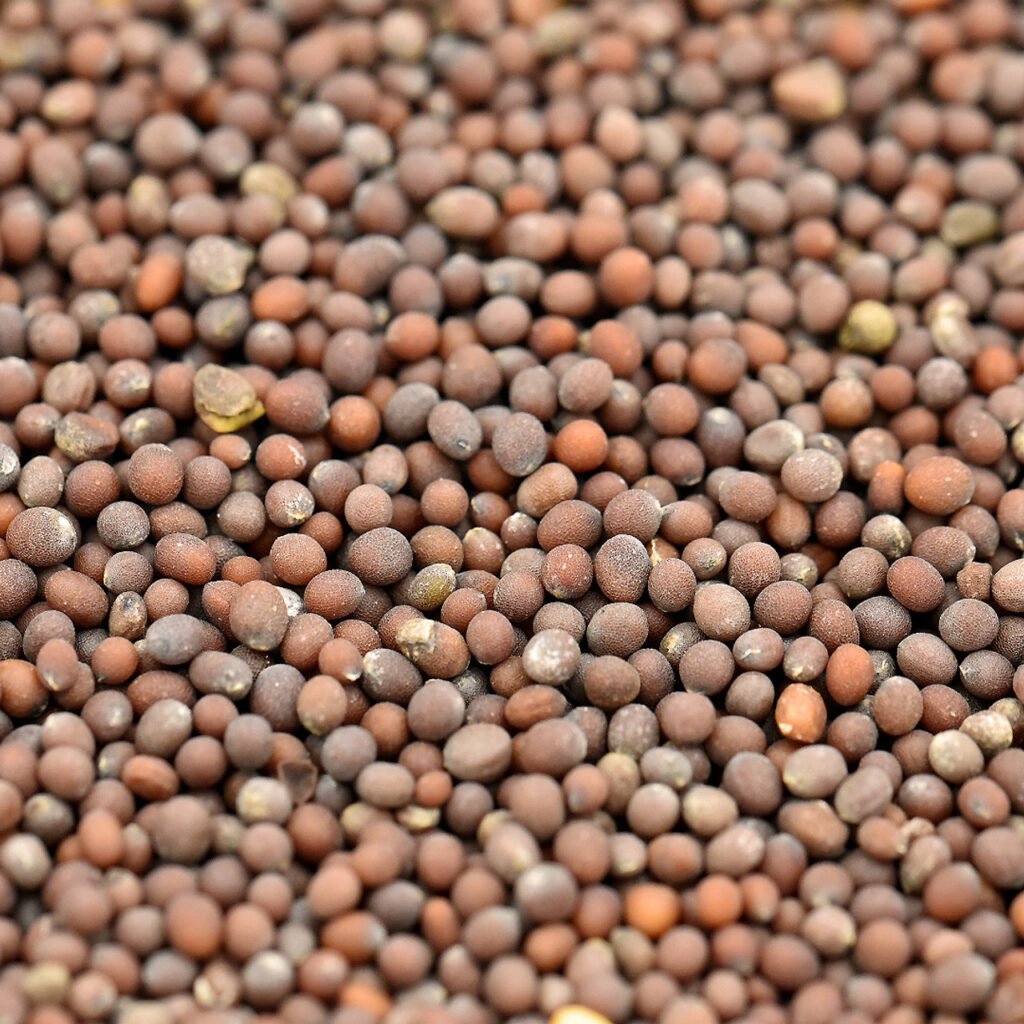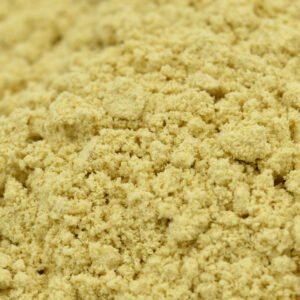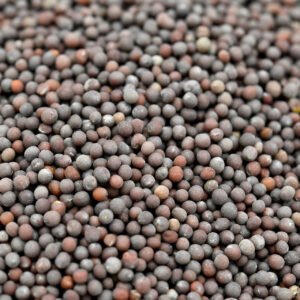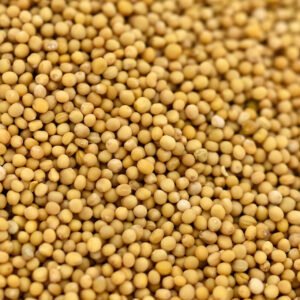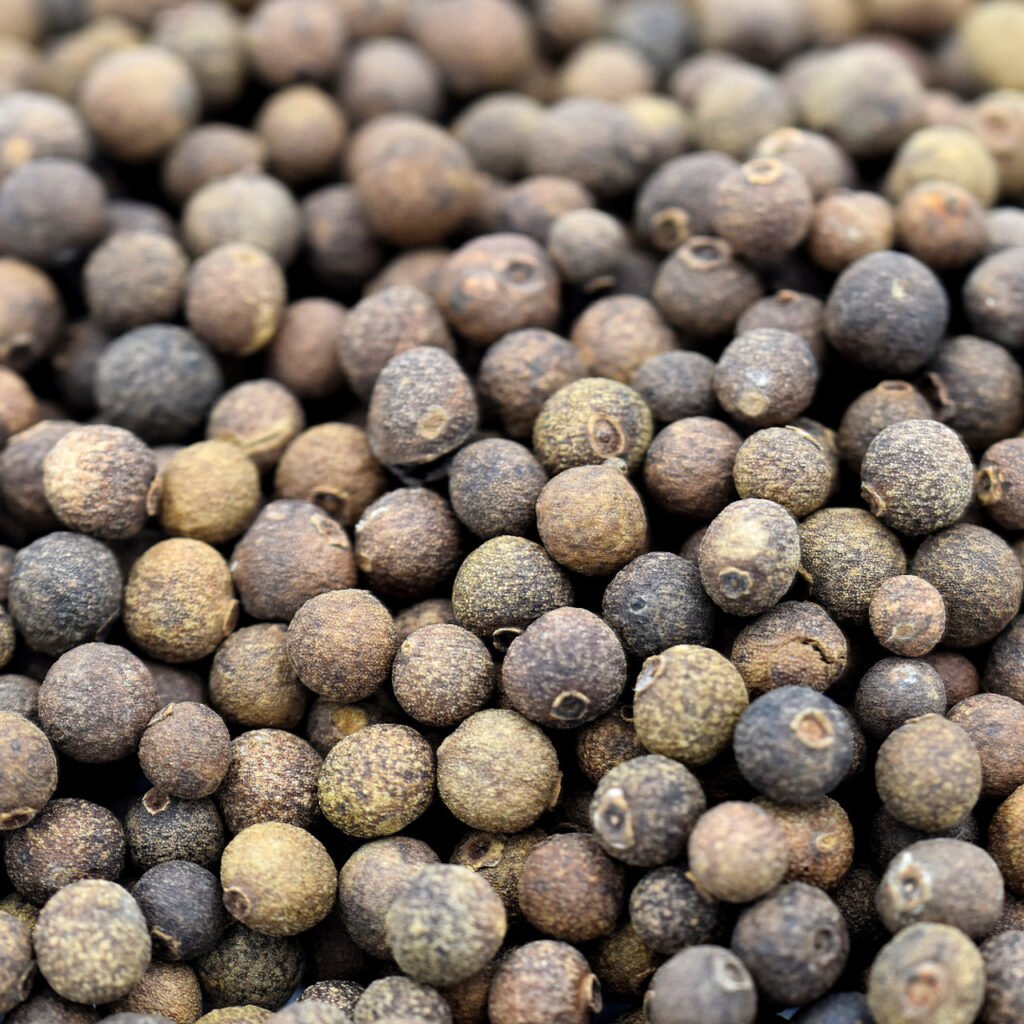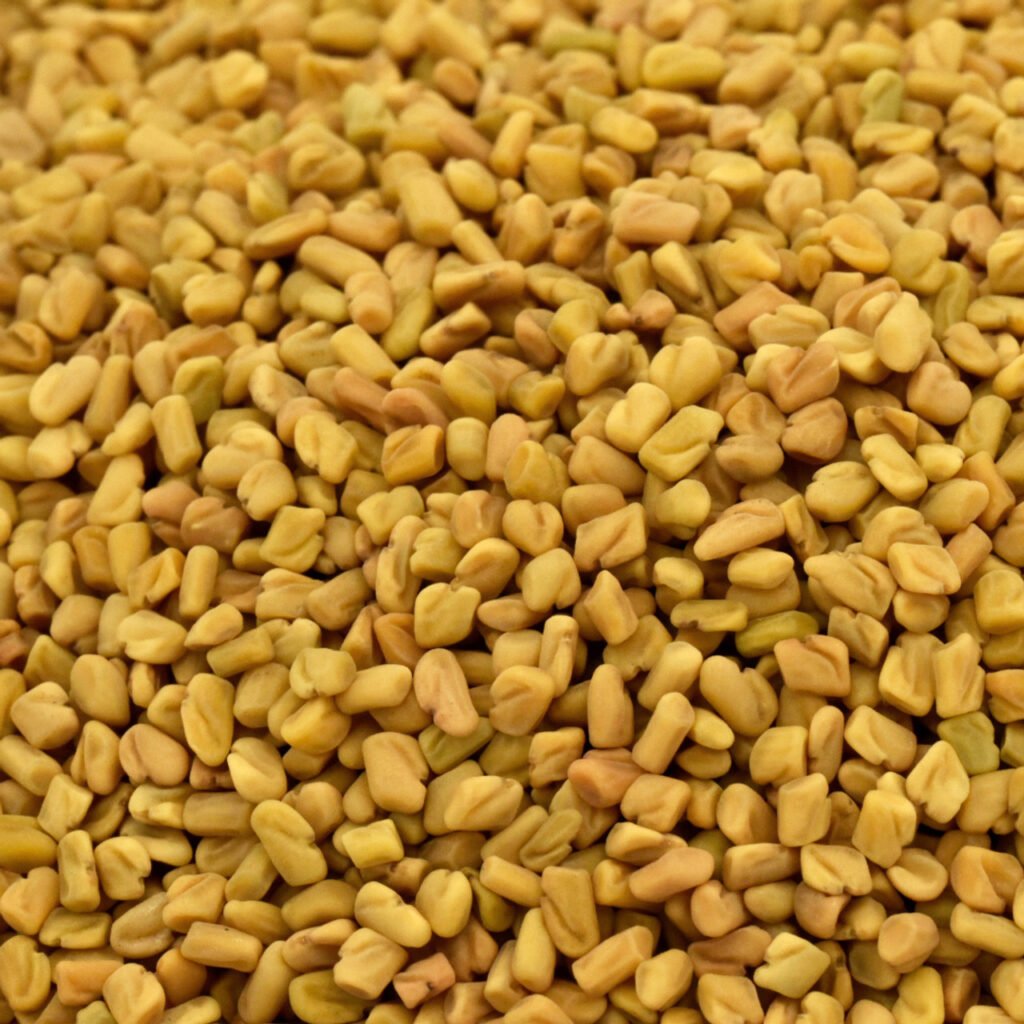Benefits of Mustard Seed: Unlocking the Nutritional Powerhouse
Mustard seeds are a versatile ingredient that has been used for centuries in various cuisines worldwide. This tiny powerhouse of nutrition is known for its unique taste, aroma, and numerous health benefits. From lowering cholesterol to aiding in digestion, mustard seeds have an impressive range of potential health benefits. In this article, we will explore the nutritional benefits of mustard seeds and how they can help improve overall health.
- Benefits of Mustard Seed: Unlocking the Nutritional Powerhouse
- What are Mustard Seeds?
- Nutritional Value of Mustard Seeds
- Health Benefits of Mustard Seeds
- Reduces Inflammation and Pain
- Lowers Cholesterol Levels
- Aids in Digestion
- Boosts Immunity
- Prevents Cancer
- Promotes Heart Health
- Improves Skin and Hair Health
- Acts as a Natural Detoxifier
- Helps in Weight Loss
- Regulates Blood Sugar Levels
- Supports Respiratory Health
- Improves Bone Health
- Relieves Muscle Pain
- Enhances Brain Function
- How to Incorporate Mustard Seeds into Your Diet
- Conclusion
- Shop now from our store
What are Mustard Seeds?
Mustard seeds are derived from the mustard plant, which is a part of the Brassicaceae family. These tiny, round seeds come in different colors, including black, brown, and white, and have a pungent taste and aroma. Mustard seeds are widely used in Indian, Middle Eastern, and European cuisines to add flavor to dishes such as curries, pickles, and condiments.
Apart from culinary use, mustard seeds are also used for medicinal purposes. The seeds are a rich source of antioxidants, vitamins, minerals, and other bioactive compounds that can help promote health and prevent various diseases.
Nutritional Value of Mustard Seeds
Mustard seeds are a nutrient-dense food that provides a wide range of vitamins and minerals. According to the USDA National Nutrient Database, one tablespoon of yellow mustard seeds (11 grams) contains:
- Calories: 60
- Protein: 3 g
- Fat: 4 g
- Carbohydrates: 3 g
- Fiber: 2 g
- Calcium: 27 mg
- Iron: 1 mg
- Magnesium: 22 mg
- Phosphorus: 44 mg
- Potassium: 75 mg
- Zinc: 0.3 mg
- Vitamin C: 1 mg
- Vitamin K: 6 mcg
Health Benefits of Mustard Seeds
Reduces Inflammation and Pain
Mustard seeds contain compounds like sinigrin, myrosinase, and glucosinolates that have anti-inflammatory and pain-relieving properties. These compounds inhibit the production of inflammatory cytokines and enzymes that cause pain and swelling in the body. Consuming mustard seeds or applying mustard oil topically may help alleviate pain and inflammation in conditions like arthritis, joint pain, and muscle soreness.
Lowers Cholesterol Levels
Mustard seeds are rich in monounsaturated and polyunsaturated fats, which can help lower LDL or “bad” cholesterol levels in the blood. The high fiber content in mustard seeds also helps in binding bile acids in the gut, preventing them from being reabsorbed and reducing cholesterol levels.
Aids in Digestion
Mustard seeds are an excellent source of dietary fiber, which plays a crucial role in maintaining digestive health. Fiber adds bulk to the stool, prevents constipation, and promotes regular bowel movements. Mustard seeds also contain enzymes that
break down complex carbohydrates, proteins, and fats, aiding in digestion and nutrient absorption.
Boosts Immunity
Mustard seeds are loaded with vitamin C, an essential nutrient that helps boost the immune system. Vitamin C acts as an antioxidant, neutralizing free radicals and protecting the body against infections and diseases. Mustard seeds also contain other immune-boosting nutrients like zinc, copper, and iron, which are vital for immune function.
Prevents Cancer
Mustard seeds contain compounds like isothiocyanates, which have anti-cancer properties. Studies suggest that regular consumption of mustard seeds may help prevent the growth and spread of cancer cells in the body. Mustard seeds may be especially beneficial in preventing colon, bladder, and lung cancers.
Promotes Heart Health
Mustard seeds contain omega-3 fatty acids, which have been linked to reducing the risk of heart disease. The high fiber content in mustard seeds also helps in reducing blood pressure and maintaining healthy blood vessels. Additionally, the anti-inflammatory properties of mustard seeds may help prevent atherosclerosis, a condition characterized by the buildup of plaque in the arteries.
Improves Skin and Hair Health
Mustard seeds are a rich source of vitamins A, C, and K, which are vital for maintaining healthy skin and hair. These vitamins, along with antioxidants, help in protecting the skin against damage from free radicals, UV rays, and pollution. Mustard seeds also contain biotin, a nutrient that is essential for healthy hair growth.
Acts as a Natural Detoxifier
Mustard seeds contain compounds like glucosinolates, which have detoxifying properties. These compounds help in breaking down and eliminating toxins from the body, promoting overall health and wellness.
Helps in Weight Loss
Mustard seeds are low in calories and high in fiber, making them an ideal food for weight loss. Fiber helps in keeping you full for longer, reducing cravings and preventing overeating. Mustard seeds also contain compounds like capsaicin, which may help in boosting metabolism and burning calories.
Regulates Blood Sugar Levels
Mustard seeds contain compounds like allyl isothiocyanate, which have been shown to help regulate blood sugar levels. These compounds may help in reducing insulin resistance, preventing spikes in blood sugar levels, and managing diabetes.
Supports Respiratory Health
Mustard seeds contain volatile oils that have a soothing effect on the respiratory system. These oils may help in relieving congestion, coughing, and other respiratory issues like asthma and bronchitis.
Improves Bone Health
Mustard seeds are an excellent source of minerals like calcium, magnesium, and phosphorus, which are vital for maintaining healthy bones. These minerals help in building and repairing bone tissue, preventing conditions like osteoporosis.
Relieves Muscle Pain
Mustard seeds contain magnesium, a mineral that is essential for muscle function and relaxation. Consuming mustard seeds may help in reducing muscle pain and cramps, especially after exercise.
Enhances Brain Function
Mustard seeds contain choline, a nutrient that is essential for brain development and function. Choline helps in the synthesis of neurotransmitters, improving memory, mood, and cognitive function.
How to Incorporate Mustard Seeds into Your Diet
Mustard seeds are versatile and can be used in various ways in cooking. Here are some tips on how to incorporate mustard seeds into your diet:
- Add whole mustard seeds to pickles, chutneys, and marinades.
- Use mustard seeds as a seasoning for roasted vegetables or meats.
- Grind mustard seeds into a fine powder and use as a spice in curries and sauces.
- Add mustard seeds
- to salad dressings and mayonnaise to give them a tangy flavor.
- Use mustard seeds to make homemade mustard.
- Sprinkle roasted or seasoned mustard seeds over popcorn or a salad for a crunchy snack.
Conclusion
Mustard seeds are a small but mighty ingredient that offer numerous health benefits. From aiding in digestion to promoting heart health, boosting immunity, and preventing cancer, mustard seeds are a nutritional powerhouse that should be a staple in every kitchen. With their versatility and unique flavor, incorporating mustard seeds into your diet is an easy and delicious way to improve your overall health and well-being.
- Is it safe to consume mustard seeds every day? Yes, it is safe to consume mustard seeds every day in moderate amounts. However, excessive consumption of mustard seeds may cause stomach irritation and other digestive issues.
- Can mustard seeds help in weight loss? Yes, mustard seeds can help in weight loss as they are low in calories and high in fiber, which helps in keeping you full for longer and preventing overeating.
- Can mustard seeds prevent cancer? Yes, mustard seeds contain compounds like isothiocyanates, which have anti-cancer properties and may help in preventing the growth and spread of cancer cells in the body.
- How can I incorporate mustard seeds into my diet? Mustard seeds can be added to pickles, marinades, salad dressings, roasted vegetables or meats, and curries. They can also be used to make homemade mustard.

